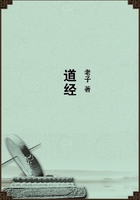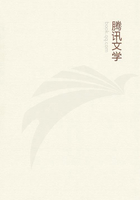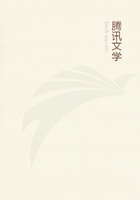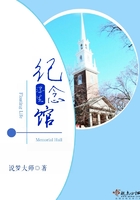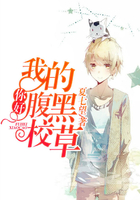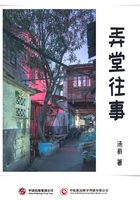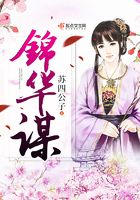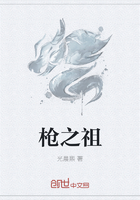Education--Quipus-Astronomy-Agriculture--Aqueducts-Guano--Important Esculents"Science was not intended for the people; but for those of generous blood. Persons of low degree are only puffed up by it, and rendered vain and arrogant. Neither should such meddle with the affairs of government; for this would bring high offices into disrepute, and cause detriment to the state.1 Such was the favorite maxim, often repeated, of Tupac Inca Yupanqui, one of the most renowned of the Peruvian sovereigns. It may seem strange that such a maxim should ever have been proclaimed in the New World, where popular institutions have beer established on a more extensive scale than was ever before witnessed;where government rests wholly on the people; and education--at least, in the great northern division of the continent--is mainly directed to qualify the people for the duties of government. Yet this maxim was strictly conformable to the genius of the Peruvian monarchy, and may serve as a key to its habitual policy; since, while it watched with unwearied solicitude over its subjects, provided for their physical necessities, was mindful of their morals, and showed, throughout, the affectionate concern of a parent for his children, it yet regarded them only as children, who were never to emerge from the state of pupilage, to act or to think for themselves, but whose whole duty was comprehended in the obligation of implicit obedience.
Such was the humiliating condition of the people under the Incas: while the numerous families of the blood royal enjoyed the benefit of all the light of education, which the civilization of the country could afford;and, long after the Conquest, the spots continued to be pointed out where the seminaries had existed for their instruction. These were placed under the care of the amautas, or "wise men," who engrossed the scanty stock of science--if science it could be called--possessed by the Peruvians, and who were the sole teachers of youth. It was natural that the monarch should take a lively interest in the instruction of the young nobility, his own kindred. Several of the Peruvian princes are said to have built their palaces in the neighborhood of the schools, in order that they might the more easily visit them and listen to the lectures of the amautas, which they occasionally reinforced by a homily of their own.2In these schools, the royal pupils were instructed in all the different kinds of knowledge in which their teachers were versed, with especial reference to the stations they were to occupy in after-life. They studied the laws, and the principles of administering the government, in which many of them were to take part. They were initiated in the peculiar rites of their religion, most necessary to those who were to assume the sacerdotal functions. They learned also to emulate the achievements of their royal ancestors by listening to the chronicles compiled by the amautas. They were taught to speak their own dialect with purity and elegance; and they became acquainted with the mysterious science of the quipus, which supplied the Peruvians with the means of communicating their ideas to one another, and of transmitting them to future generations.3The quipu was a cord about two feet long, composed of different colored threads tightly twisted together, from which a quantity of smaller threads were suspended in the manner of a fringe. The threads were of different colors and were tied into knots. The word quipu, indeed, signifies a knot. The colors denoted sensible objects; as, for instance, white represented silver, and yellow, gold. They sometimes also stood for abstract ideas. Thus, white signified peace, and red, war. But the quipus were chiefly used for arithmetical purposes. The knots served instead of ciphers, and could be combined in such a manner as to represent numbers to any amount they required. By means of these they went through their calculations with great rapidity, and the Spaniards who first visited the country bear testimony to their accuracy.4Officers were established in each of the districts, who, under the title of quipucamayus, Or "keepers of the quipus," were required to furnish the government with information on various important matters. One had charge of the revenues, reported the quantity of raw material distributed among the laborers, the quality and quantity of the fabrics made from it, and the amount of stores, of various kinds, paid into the royal magazines.
Another exhibited the register of births and deaths, the marriages, the number of those qualified to bear arms, and the like details in reference to the population of the kingdom. These returns were annually forwarded to the capital, where they were submitted to the inspection of officers acquainted with the art of deciphering these mystic records.
The government was thus provided with a valuable mass of statistical information, and the skeins of many-colored threads, collected and carefully preserved, constituted what might be called the national archives.5But, although the quipus sufficed for all the purposes of arithmetical computation demanded by the Peruvians, they were incompetent to represent the manifold ideas and images which are expressed by writing, Even here, however, the invention was not without its use. For, independently of the direct representation of simple objects, and even of abstract ideas, to a very limited extent, as above noticed, it afforded great help to the memory by way of association. The peculiar knot or color, in this way, suggested what it could not venture to represent; in the same manner-to borrow the homely illustration of an old writer--as the number of the Commandment calls to mind the Commandment itself. The quipus, thus used, might be regarded as the Peruvian system of mnemonics.

